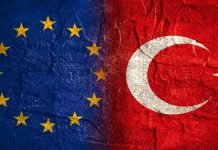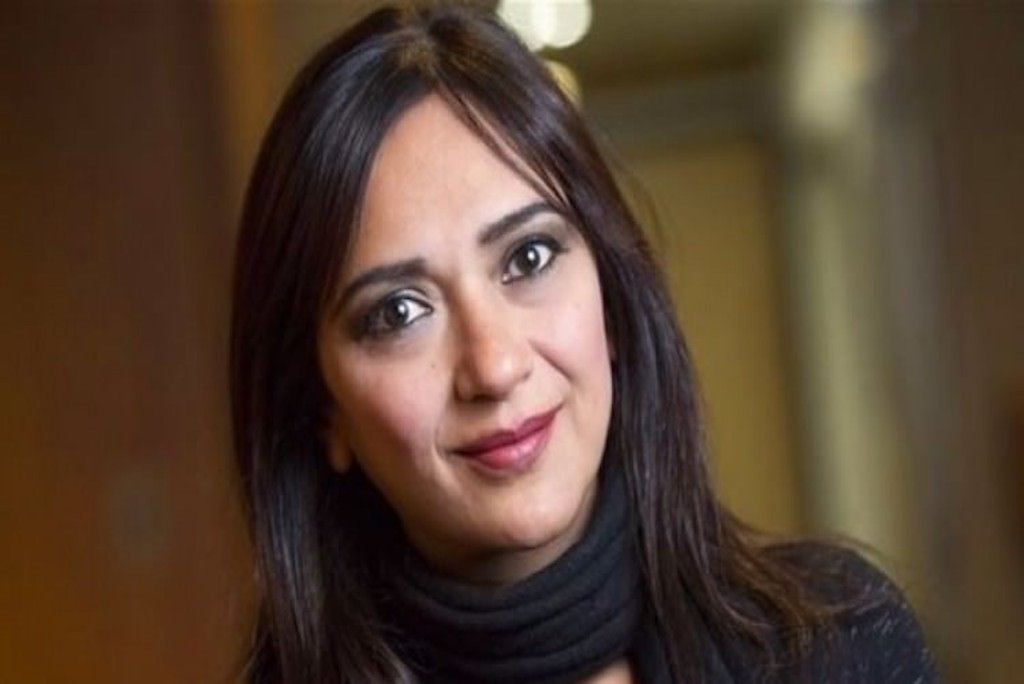In a meeting with representatives of refugees from various countries, the governor of Bolu province said foreigners should respect local traditions and provided a long laundry list of things to do and not do that included not going out after 9:00 pm, not gathering in parks in large numbers and not using too much spice while cooking because the odor disturbs the neighbors.
According to the Duvar news website, Governor Ahmet Ümit said they had conducted research on what locals find most disturbing about the foreigners’ behavior and expected foreigners to be more sensitive about the issues mentioned in the report.
The long list included respecting Turkish traditions, avoiding political debates, not staring at women, branding their businesses in Turkish, not playing loud music, being clean and getting vaccinated for COVID-19.
According to UNHCR, Turkey hosts the largest number of refugees worldwide. The country is currently home to some 3.6 million registered Syrian refugees, along with close to 320,000 persons of concern from other nationalities.
Refugees in Turkey have been increasingly targeted by hate speech and hate crimes and are blamed for many of Turkey’s social and economic woes. Bolu province has been at the center of attention due to frequent anti-migrant statements by Mayor Tanju Özcan.
In a controversial move Özcan, from Turkey’s main opposition Republican People’s Party (CHP), said he would impose an additional water and solid waste tax 10 times the normal tax on refugees in the city.
“We cut their benefits and stopped giving them business licenses to open shops, but they didn’t leave,” he said during a meeting at city hall. “We are imposing extra taxes so that these people leave. We have hosted them long enough. I believe we should just send them back where they came from, but I don’t have the authority to force them out.”
Turkish authorities have been detaining migrants at the eastern border in an attempt to stop undocumented entries to the country. Moreover, Turkey has been making progress in its plan to build a wall on its Iranian border in an effort to prevent illegal crossings, migrant trafficking and smuggling activities.















